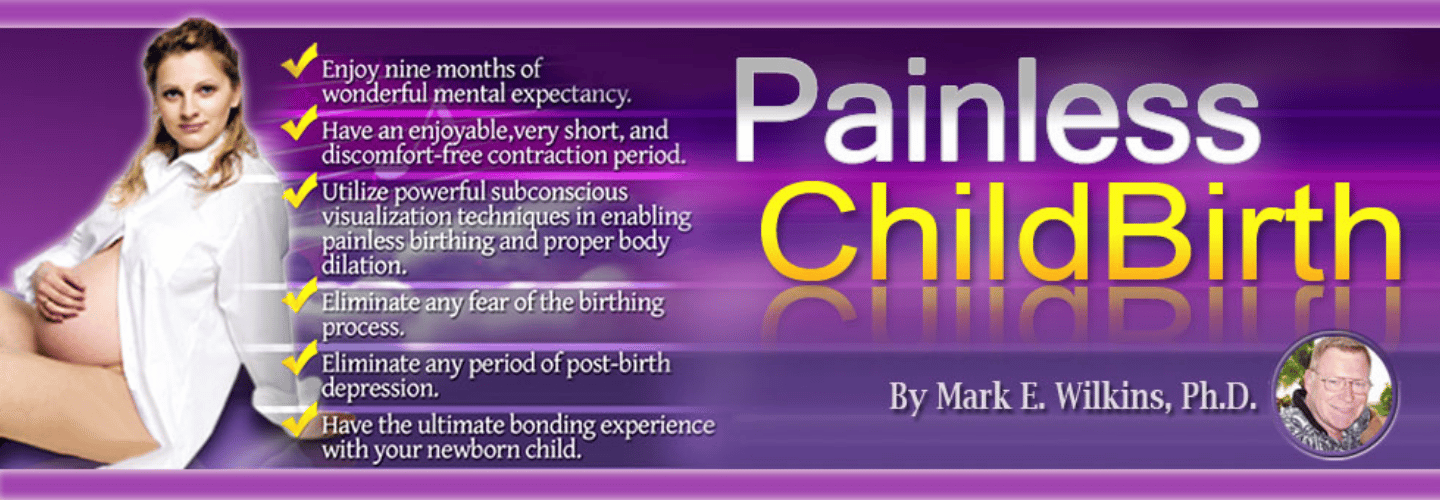
Hypnosis in childbirth considerably diminishes labor pain and reduces dependence on pharmacological interventions by altering pain perceptions through deep relaxation techniques. Training in self-hypnosis equips expecting mothers with tools to manage labor effectively, thereby shortening the duration of labor and improving maternal satisfaction. The psychological benefits also foster maternal resilience and enhance baby-mother interaction postpartum. Further exploration reveals how these methods shift one's focus from pain to a more controlled and satisfying birthing process.
Key Takeaways
- Hypnosis reduces labor pain perception through altered states of consciousness and pain pathway modulation.
- It decreases reliance on pharmacological interventions, offering a natural pain management strategy.
- Techniques used in hypnosis can significantly shorten the duration of labor by enhancing relaxation.
- Hypnosis improves maternal satisfaction by fostering a sense of control and reducing labor-related anxiety.
- Enhances postpartum recovery and promotes better maternal-neonatal bonding by improving emotional well-being.
Exploring the Role of Hypnosis in Reducing Labor Pain and Medication Use
While exploring the role of hypnosis in childbirth, it becomes evident that this technique considerably diminishes both the perception of labor pain and the reliance on pharmacological pain relief.
Hypnosis techniques, when integrated into childbirth preparation, offer a psychological and physiological advantage. Through targeted suggestions and mental conditioning, women learn to control discomfort and anxiety associated with labor.
This preparation typically involves sessions with a trained hypnotist or guided self-hypnosis exercises, focusing on relaxation and pain management strategies.
These practices not only prepare the mother mentally but also reduce the duration of labor, enhancing both maternal and neonatal outcomes.
How Hypnosis Alters Pain Perception During Childbirth
Building on the understanding of hypnosis as a preparatory tool for childbirth, it is essential to examine how this technique modifies pain perception during labor.
Hypnosis induces an altered state of consciousness, allowing for a unique modulation of pain pathways. This state enhances the brain's ability to filter and interpret pain signals differently.
Clinical studies suggest that during hypnosis, the perception of pain is markedly altered, as the expectant mother's focus shifts away from pain towards a state of deep relaxation and mental detachment.
This process effectively reduces the subjective experience of pain, facilitating a less traumatic childbirth experience.
The Positive Effects of Hypnosis on Labor Duration and Maternal Satisfaction

Given the multifaceted benefits of hypnosis in childbirth, significant reductions in labor duration and improvements in maternal satisfaction have been evidenced.
Clinical studies highlight that hypnosis benefits encompass accelerated labor progression, often resulting in shorter labor experiences. This reduction is attributed to the enhanced relaxation and focused breathing techniques facilitated by hypnosis, which optimize uterine contractions and decrease stress-related inhibitions that can prolong labor.
Additionally, maternal satisfaction is markedly improved, as mothers report feeling more in control and less traumatized by their labor experiences.
These outcomes suggest that hypnosis is a valuable tool in managing childbirth effectively.
Hypnosis as a Natural Pain Management Strategy in Childbirth
How does hypnosis serve as a natural pain management strategy during childbirth?
Hypnosis techniques harness the power of suggestion to induce deep states of relaxation and altered consciousness. During these states, expectant mothers can more effectively manage and modulate pain perceptions. This is achieved through specific prenatal relaxation methods that focus on calming the mind and body, thereby reducing the subjective experience of pain.
Clinical studies suggest that hypnosis can considerably lessen the need for pharmacological pain relief, contributing to shorter labor durations and fewer interventions. This non-invasive approach offers a promising alternative to traditional pain management strategies in childbirth.
Enhancing Maternal Well-Being and Outcomes Through Hypnosis

As the use of hypnosis in childbirth gains empirical support, its role in enhancing maternal well-being and outcomes becomes increasingly evident.
Hypnosis positively alters the maternal mindset, fostering a sense of control and empowerment during labor. This psychological shift greatly reduces anxiety and reliance on pharmacological pain management, contributing to shorter and less complicated deliveries.
Furthermore, the emotional support facilitated by hypnotherapy techniques bolsters maternal resilience, leading to enhanced coping mechanisms and higher overall satisfaction.
These outcomes not only improve immediate postpartum recovery but also set a precedent for healthier maternal and neonatal interactions post-birth.
Frequently Asked Questions
Can Hypnosis During Childbirth Be Self-Taught, or Is a Therapist Required?
Hypnosis during childbirth can be self-taught using self-hypnosis techniques; however, therapist guidance often enhances effectiveness, providing tailored support and ensuring proper technique application for best maternal and fetal outcomes during labor.
Are There Any Long-Term Side Effects of Using Hypnosis for Childbirth?
Research indicates no significant long-term side effects associated with using hypnosis for childbirth, highlighting its safety. Most studies report positive outcomes, with sustained maternal well-being and no adverse psychological effects noted.
How Early in Pregnancy Should One Start Hypnosis Training for Childbirth?
Initiating hypnosis training early in pregnancy, ideally in the second trimester, maximizes timing benefits. This allows adequate preparation across pregnancy stages, enhancing pain management skills for childbirth through evidence-based, clinically detailed methodologies.
Is Hypnosis Effective for All Types of Births, Including C-Sections?
Hypnosis techniques can be effective for various birth types, including c-sections, by potentially alleviating anxiety and pain, consequently enhancing the overall c-section experience through improved pain management and emotional well-being.
Can Hypnosis Help With Postpartum Recovery and Mental Health?
Hypnosis may benefit postpartum recovery by potentially reducing postpartum anxiety and enhancing mental health. Evidence suggests it aids in quicker emotional recuperation, contributing to overall maternal well-being and resilience after childbirth.
Conclusion
To summarize, the utilization of hypnosis in childbirth presents a significant paradigm shift in managing labor pain. Empirical studies suggest that hypnosis effectively decreases pain perception, reduces reliance on pharmacological interventions, and may shorten labor duration. These outcomes not only enhance maternal satisfaction but also promote a healthier birthing process. As further research validates these findings, hypnosis could become a cornerstone in natural childbirth strategies, empowering women with safer, more controlled birthing experiences.




